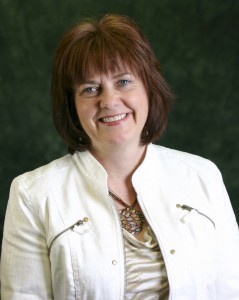
Some high school Adult Basic Education (ABE) courses offered at Camosun College will no longer be free this fall, as Camosun struggles to maintain programs with less funding.
Science, math, and English high-school-equivalent courses have all been affected, and the Camosun College Student Society (CCSS) isn’t happy about it.
“If you want to do the courses, you have to pay,” says CCSS external executive Sahra MacLean. “The math courses will be available only at an independent pace; if you want to have a classroom setting, you have to pay.”
The Ministry of Education has guaranteed a certain number of funded seats, and Camosun has always exceeded that number, according to executive director of communications and advancement Joan Yates.
In the past, the cost of those extra seats has come out of the college budget, but the college can no longer absorb those costs due to a two-percent deficit this year, says Yates.
Under-funding has hit many areas of Camosun. “This is not just happening in Adult Basic Education; this is happening in our trades and professional programs,” says MacLean. “The colleges are trying to maintain these programs, but without the funding from the government they have to find new ways.”
Yates says the college is “still absolutely committed to making sure that the students are able to access their ABE.”
Many courses are still being offered tuition-free and, in some cases, if a student wants to attend a course at no cost, the course will still be available; they will just have to wait longer for a tuition-free seat.
“It’s not an ideal situation and we acknowledge that. The challenge for us is making sure we’re still offering services in a way that students can access,” says Yates.
But MacLean is frustrated that people trying to go back to school may now have to pay to complete their Adult Graduation Diploma (also known as the Dogwood Diploma) in a timely manner.
“It’s not just that hundreds of students will be affected,” says MacLean. “It’s hundreds of our most vulnerable students.”
